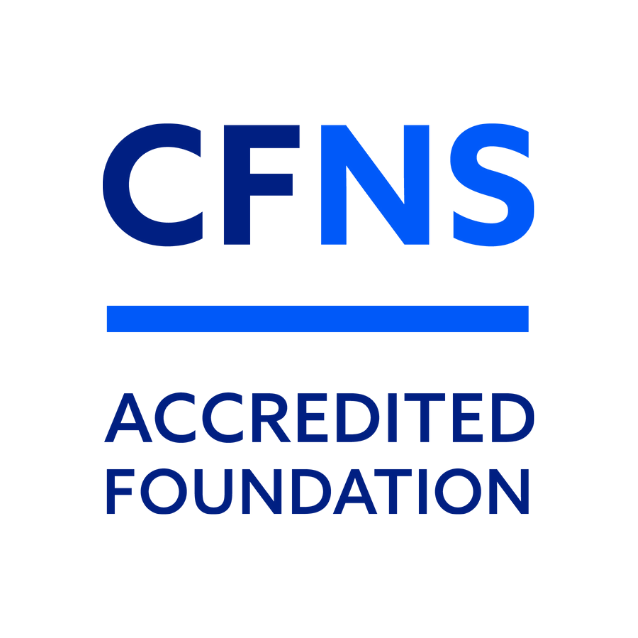Beyond your Lifetime: Making an Impact with a Charitable Bequest
Many people are planning ahead and looking at how to update their estate plans to leave a bequest, or gift, as a way to make sure they continue to support their favorite causes beyond their lifetime.

The flexibility offered by bequests has made them the most popular form of “deferred” gift because of their benefits. This type of gift to the Community Foundation allows you to retain full ownership and use of your assets during your lifetime. You may also change the size or purpose of your charitable gift at any time, and for any reason. A bequest pairs this flexibility with peace of mind, ensuring that your charitable wishes – whatever they might be at the time of your death – will be carried out when your thoughtful estate gift is distributed to the Community Foundation.

Because a charitable bequest is revocable – that is, you can change your estate provisions at any time – you will not receive an income tax deduction for your future gift. If your estate is taxable, however, your gift will generate an estate tax deduction when the proceeds are paid to the Community Foundation.
How to make a bequest to the Community Foundation
Your attorney can recommend the best approach – a new will or codicil, trust or trust amendment, or other documents – for your situation.
 In your estate documents, you’ll want to identify the assets you plan to give to the Community Foundation. Many people prefer to give a percentage of their “residuary estate” – that is, a percentage of the estate assets remaining after all probate expenses, taxes and gifts of specific items or fixed dollar amounts have been paid. This approach ensures your charitable gift stays in proportion to other gifts you plan to make through your estate, even as your assets increase or decrease over time.
In your estate documents, you’ll want to identify the assets you plan to give to the Community Foundation. Many people prefer to give a percentage of their “residuary estate” – that is, a percentage of the estate assets remaining after all probate expenses, taxes and gifts of specific items or fixed dollar amounts have been paid. This approach ensures your charitable gift stays in proportion to other gifts you plan to make through your estate, even as your assets increase or decrease over time.
You may, instead, provide for a specific sum or item to be distributed to the Community Foundation through your estate. You’ll also want to specify how your thoughtful estate gift is to be used by the Community Foundation. Most people prefer to direct their gifts to a particular charitable fund, or to provide for the creation of a new fund through their estate.
You may also choose to support the community’s most compelling needs by leaving your gift unrestricted. If your gift is intended to create a new charitable fund within the Community Foundation, we recommend you or your attorney share your goals for the fund with us so that we’ll be prepared to carry out your charitable wishes when the time comes. It is important your estate documents describe your intended gift clearly, completely and accurately. We offer the following language to you and your attorney as an example:
I give [identify specific assets, dollar amount, or percentage of residuary estate to be given] to the Community Foundation for the Fox Valley Region, Inc., in Appleton, Wisconsin. This gift is to be used [specify purpose – e.g., to address the community’s greatest needs, or to establish or be added to the [Name of Fund] within the Foundation].
Please let us know if you’ve named the Community Foundation as a beneficiary of your estate plan. We would welcome the opportunity to thank you and invite you to join the Himebaugh Legacy Circle.

Michelle Lippart Hardwick
Interested in creating a charitable fund to fit your goals? Your Community Foundation makes it easy to get started! Learn about these fund options and create your own.




Leave a Comment